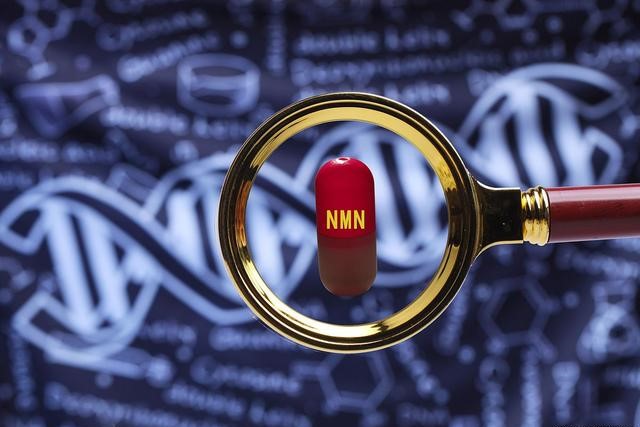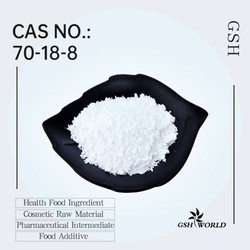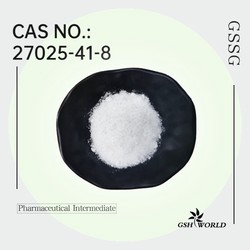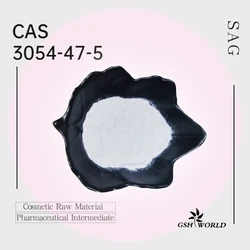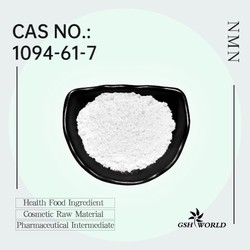Is NMN an IQ tax? The answer is negative
Since the circulation of NMN in the Chinese market, there have been doubts about whether it is an "intelligence tax".
Although many people have doubts about the anti-aging effect of NMN, scientists have found in recent years that NMN has a significant improvement effect on various chronic diseases in the elderly.
So, is NMN really an intelligence tax? Based on existing research data, the answer is clearly negative.
Firstly, from a scientific perspective, NMN is not groundless.
It is the result of modern life science research, supported by numerous authoritative studies. Since Harvard Medical School professor Sinclair discovered the efficacy of NMN in 2013, scientists around the world have been conducting related experimental research.
These studies not only confirm the anti-aging effect of NMN, but also discover its various other benefits, providing new treatment ideas for modern medicine. At present, hundreds of research papers related to NMN have been published in well-known scientific journals such as Cell, and this number is still increasing.
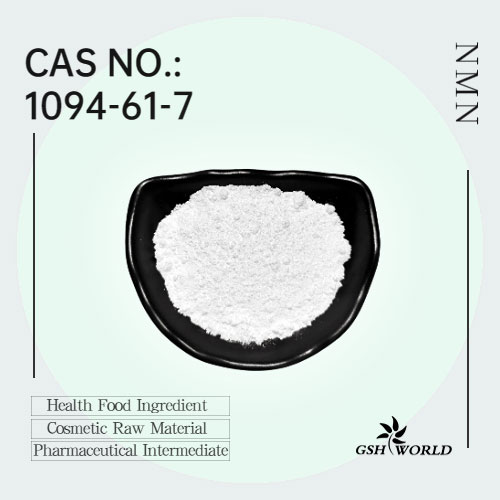
Secondly, from the perspective of a market economy, NMN has a huge consumer market on a global scale.
It is predicted that the market size may reach 600 billion US dollars in the next five years.
As the world's largest elderly population country, China has become the world's largest NMN consumer market. According to a research report by CITIC Securities, for every 1% increase in health product consumers in China, the corresponding market space will expand by 30.4 billion yuan.
At present, NMN has become a popular investment field in the capital market, attracting many well-known billionaires to invest.
Meanwhile, unlike the so-called "health products" that can be seen everywhere in convenience stores on the street in the past, NMN products are generally priced higher.
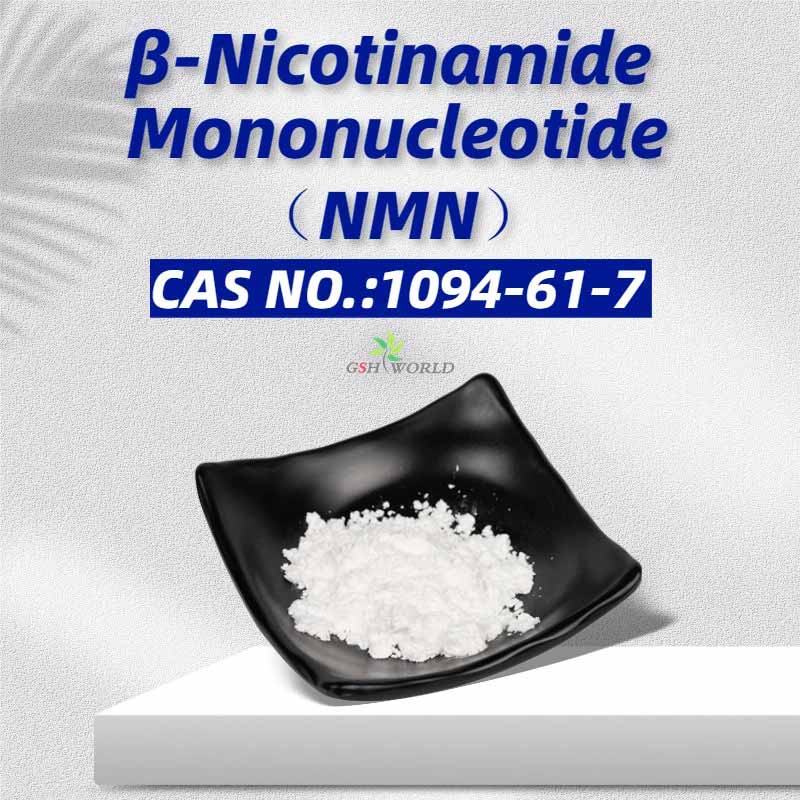
According to user profile data, the main consumer group of NMN currently comes from the middle and high-income groups in first and second tier cities.
These groups usually have a high level of knowledge and are less likely to be easily misled. This also indirectly reflects the scientific validity of NMN's efficacy.
Furthermore, from the perspective of media coverage, the coverage of NMN on social media platforms is mixed.
However, even articles with "revealing" and "criticizing" nature mainly focus on the chaos of the NMN market and industry, rather than the NMN itself.
Associate Professor Xie Weidong from the Department of Pharmacy at Tsinghua University also stated that NMN products are "useful, but caution should be exercised in distinguishing authenticity.". These all demonstrate the authenticity of the efficacy of NMN.
In September of this year, the well-known official media in China, People's Daily, reported on the effectiveness of NMN, with articles accounting for 58% of the total length. This is undoubtedly an official affirmation of NMN.
When people question whether NMN is an "intelligence tax", it is easy to compare it with the health products that have been rampant in the Chinese market in the past.
However, this is a historical legacy issue in the market, leading to poor reputation of health products in the minds of Chinese people. But things are constantly evolving, and we should approach problems with a developmental perspective.
From multiple perspectives, the notion that NMN is considered an "intelligence tax" is simply untenable.


